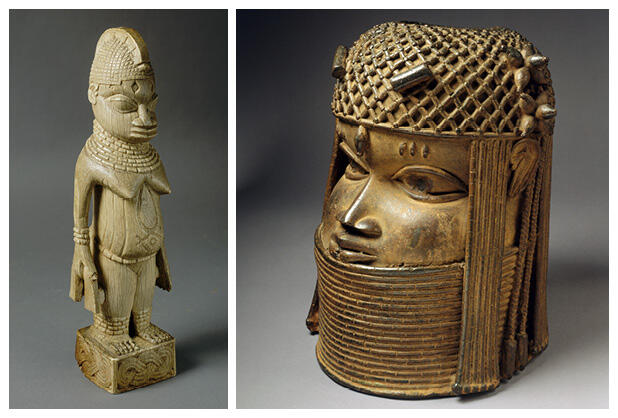Dateline Africa Looking back on the past 30 years in ten countries beyond SA
Main Article Content
Abstract
South Africans have been sorely disappointed by the first 30 years of democracy – unemployment has increased, inequalities have deepened, corruption is rampant, there are water crises, electricity blackouts, potholed roads, awful education, creaking hospitals, lots of crime, gender-based violence, xenophobia, discordant politics … but no civil war, no genocide, no famine, no military coups, no mass kidnapping, no insurgencies, no unfair elections, no censorship, no capital punishment, no arbitrary arrests, no run-away inflation.
Yes, the Mbeki government denied South Africans free HIV treatment, resulting in over 300,000 deaths (HSPH, 2009). And yes, there was Marikana, which left 34 miners dead, and one (short) insurrection in which more than 300 people died. But South Africa has free trade unions, vibrant civil society organisations, legal protection for LGBTI+ and a strong constitution protected by checks and balances. South Africa has been trying to find a way to make democracy work.
In this Special Issue of New Agenda on 30 Years of Democracy in South Africa, IFAA’s regular quarterly Dateline Africa column looks beyond the country’s borders to see how democracy has fared in other countries in Africa over the last three decades. We look at the ten African countries with the highest populations to provide a comparative perspective – and we have added Rwanda.
Each brief country profile cites a novel published since 1994 because, as acclaimed Egyptian writer, Naguib Mahfouz, said in 1988 on receiving his Nobel Prize in Literature, “…literary writers… spread the fragrance of joy and wisdom in this grief-ridden world of ours.”
Downloads
Metrics
Article Details

This work is licensed under a Creative Commons Attribution-NoDerivatives 4.0 International License.

